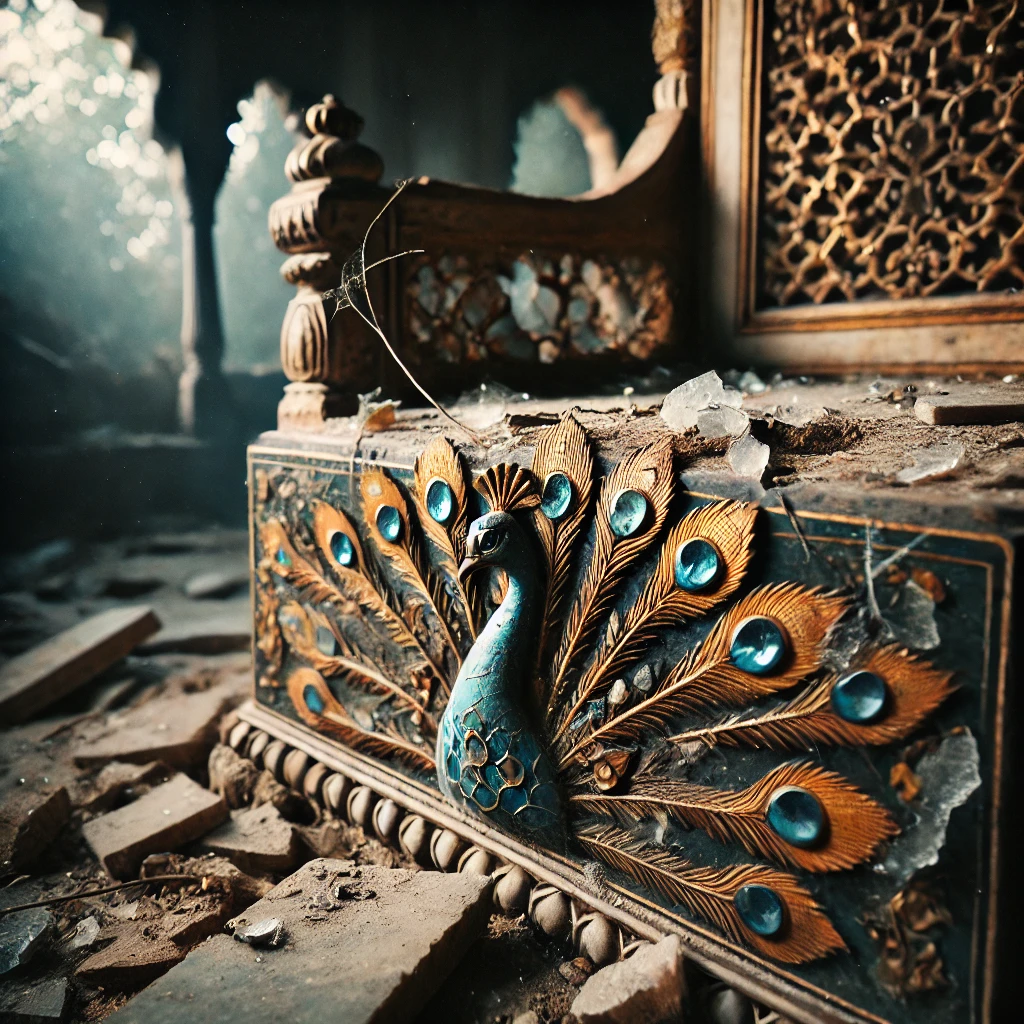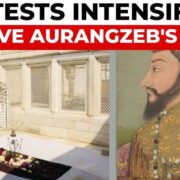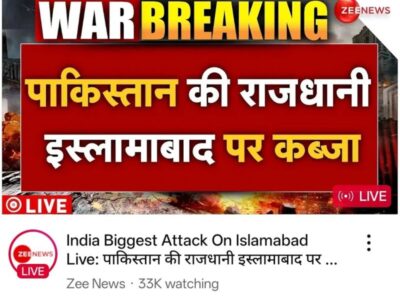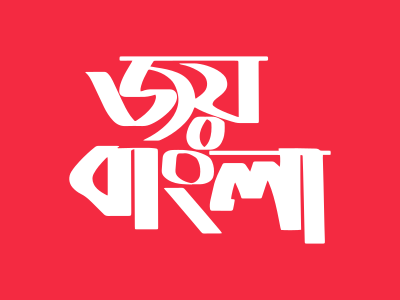
Synopsis: He wore austerity like armour, using it to hide his flaws, like his beard hid his lack of a masculine chin. He sought to make a subcontinent in his image. What he left behind was exhaustion.
He was born in Gujarat. Not to poverty, but to privilege masked as humility. From early on, he cultivated a severe image: unsmiling, unsparing, ascetic in posture, if not always in practice. He learned to wear austerity the way others wore jewels. Not because he had to, but because it served the story.
He made small, devout things with his hands. Sold them. Not for sustenance, but for symbolism. Simplicity was his creed, but also his theatre. He walked in coarse cloth, but ruled with an iron will. His was a life curated to feel earned, even when it was inherited.
Appointed to govern Gujarat, where the sun is harsh and obedience comes cheap, he proved himself. Using an iron fist, he brought order, but at a cost. He treated dissent not as disagreement, but as defiance. Debate was disorder. Diversity, a threat. He saw himself not as a politician, but a purifier.
There was another before him. An elder statesman. Born in what is today’s Pakistan. Senior. Revered. An architect of the moment, not of the future. He had shaped the movement that birthed the moment. He was to have led. But he hesitated. He spoke too softly, smiled too often, and believed too much in dialogue. And so, he was sidelined. Cast into ceremonial irrelevance. Left to wander the ruins of a legacy that had already been taken from him. He died waiting for an acknowledgement that never came. Still believing the throne was meant for him.
The new Gujarati leader claimed it instead. And once he had it, he made sure no one would ever take it back. He restructured everything: institutions, beliefs, even history. Everything pointed towards him. He declared himself the sole voice of the people. To oppose him was to oppose the nation. To question him was blasphemy in bureaucratic dress.
He wove legends around his own self-denial. The man who wanted nothing. Who slept little, ate less, gave all. Yet he ruled with full privilege. Opulence cloaked in rhetoric. He disavowed pleasure publicly, while commanding loyalty like an emperor. He made myth a management tool.
He turned religion into strategy. He brought it into courtrooms, into textbooks, and into policy. He spoke of the divine not as faith, but as law. What had once been personal belief became national doctrine. His predecessors had moved slowly towards separation. He dragged everything back. The sacred became political. The political, sacred.
He did not seek harmony. He sought uniformity. India, to him, was not a federation of dreams, but a mirror that must reflect his image. Regional aspirations were indulgences. Local identities, distractions. He would make the country one, even if it meant breaking it.
But the South resisted. Not just geographically, but culturally and spiritually. He marched again and again, pouring wealth, blood, and years into the land that would not become him. He won ground, but never hearts. He could not understand its refusal. It haunted him. Consumed him. His final decades were spent trying to conquer something that simply did not want to be him.
He died on a campaign. Not in triumph. Not in retreat. Simply in motion. Doing what he claimed to love most, but what, by then, he had come to loathe. The campaign had become the man. Endless. Joyless. Compulsory. He did not know how to stop.
His last writings were not manifestos, but apologies. He said he had erred. That his rule had been too long. His wars too many. His faith too rigid.
But by then, the damage had been done.
He changed India forever, but not in the way he intended. The country had once been moving towards something: a loose, plural, vibrant civilisation, rich in culture, wealthy in trade, and diverse in voice. He wanted to reduce it to one language, one vision, one faith. His. And in doing so, he broke its spine. He drained its coffers, shattered its institutions, and centralised power without understanding consequence. He left behind no clear succession, no unified order. Only fatigue and fracture.
India regressed for two centuries.
In that hollowed-out space, foreign powers found purchase. They stepped in through the cracks he had made. By the time India rose again, it was no longer whole. If twenty-five years is a generation, then it took eight to begin climbing out of the morass. The recovery was long. And when it came, it was broken. Bloodied. Partitioned. A country reborn not in triumph, but in pain.
And it was restored, piece by piece, not by men like him, but by their opposites.
Builders, not conquerors.
I spit on your grave, Aurangzeb Alamgir, the destroyer of India.
Why, who did you think I was speaking of?
And I didn’t even mention how hardy farmers from Punjab, guided by the Gurus, took him on and made life miserable for him in Delhi.



















